VISION
To be a leading centre of education and research in Electronics and Communication Engineering, making the students adaptable to changing technological and societal needs in a holistic learning environment.
MISSION
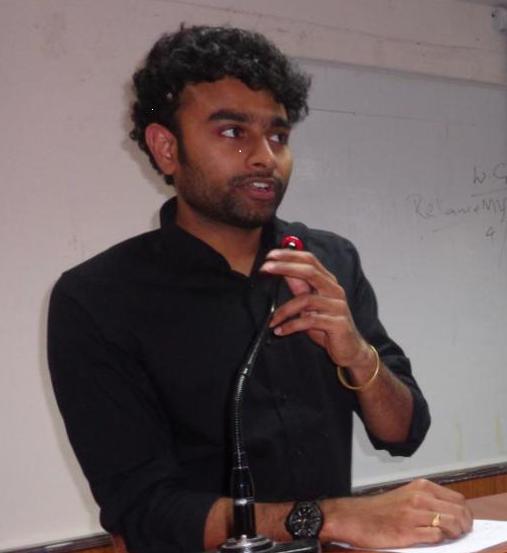
..
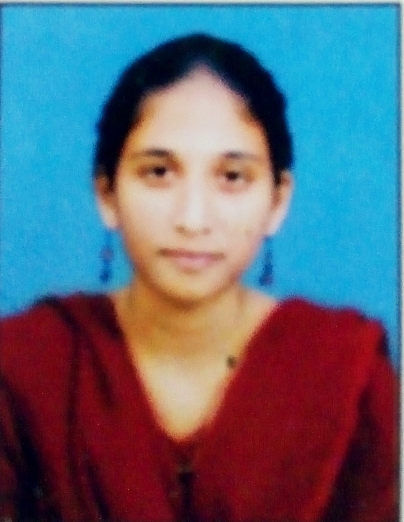
..
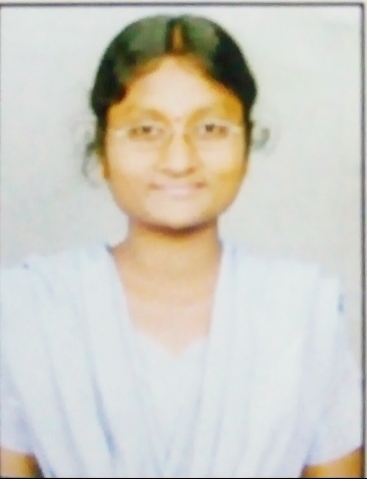
..
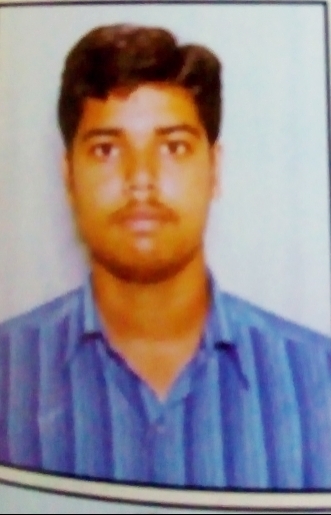
..
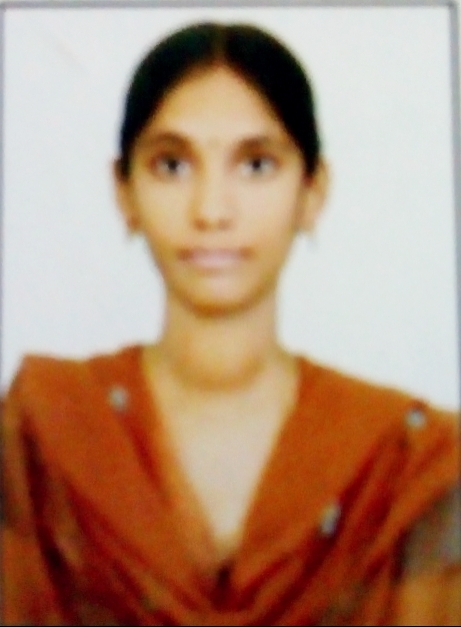
..

..
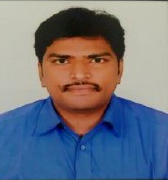
..
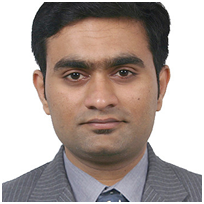
..
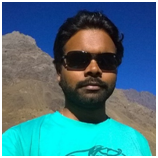
..

..

..
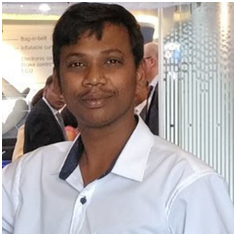
..
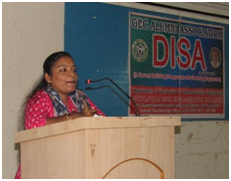
..
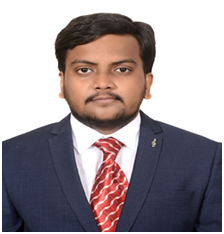
..

..

..
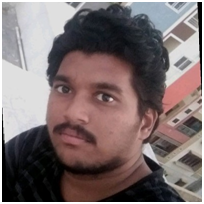
..
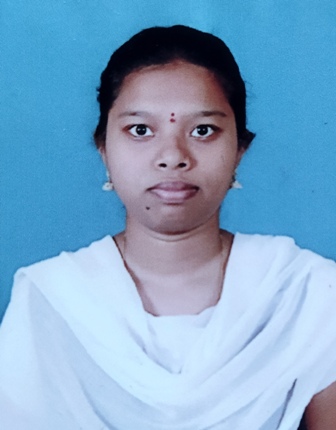
She bagged ISTE best student innovator award from AP engineering colleges sponsored by AITAM, Tekkali
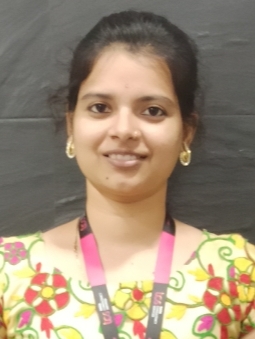
She bagged Sri A. Gangi Reddy state award for best ECE student from AP engineering colleges
Mr. G. N. V. Sai Kalyan(16481A0469) bagged ISTE Best Student Innovator award from AP Engineering Colleges Sponsored by AITAM,Tekkali
M.Chaitanya Prudhvi(17-4C0)&N.V.Siva Mohith(17-4D7) has secured First Prize in National Level Student Techno-Sports Fest on 27-28 December 2019
Ms.D.Aneela (ES) (M.Tech) have been selected for APJ Abdul Kalam Prathiba Awards-2019 as of Govt.of.Andhra Pradesh
Ms.E.Priyanka,Ms.L.Sai Vineela & K.Sandhya Rani have been selected for APJ Abdul Kalam Prathiba Awards-2019 as of Govt.of.Andhra Pradesh
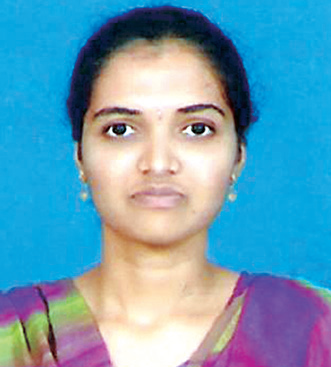
She won Second Prize in Telugu Kavithalu Competetions conducted in GECFEST'19
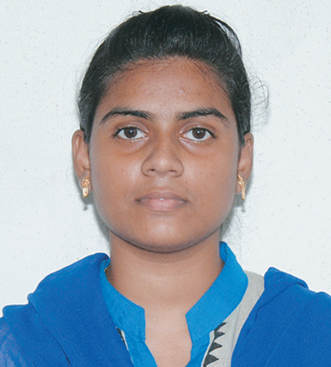
She won First Prize in Telugu Kavithalu Competetions conducted in GECFEST'19
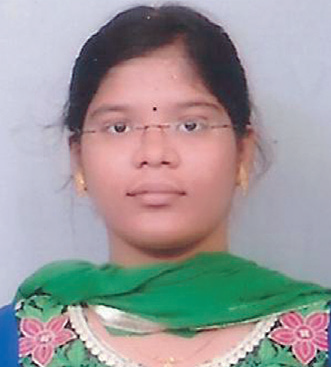
She has been awarded “Best ECE Student” in A.P., sponsored by Sri Venkateswara College of Engineering, Tirupati
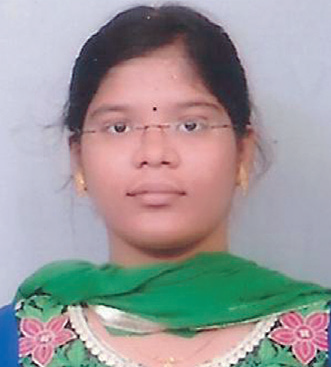
She has been selected as Topper of ECE and received Sri Musunuri Venkata Rama Rao Memorial Gold Medal
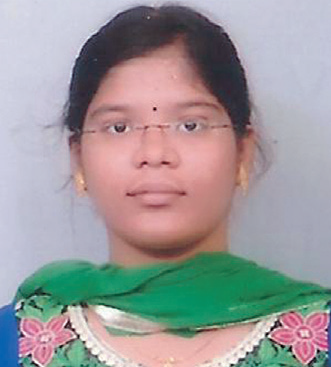
She have been selected for Best Outgoing Student and received Sri Vallabhaneni Krishna Kutumba Rao Memorial Award
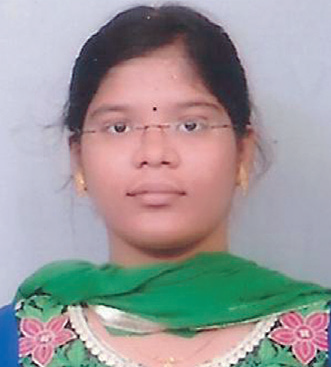
She have been selected for Best Outgoing Lady Student and recieved Prof. Koneru Venkata Rajeswara Rao&Smt.KML Prasunamba award
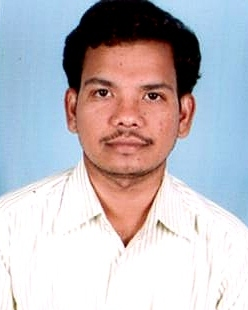
He has been awarded PhD from JNTUK,Kakinada on 25-04-2023
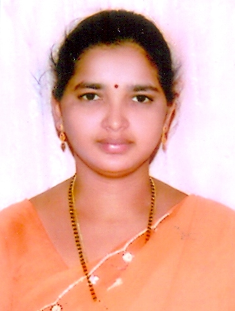
She has been awarded PhD from JNTUK, Kakinada on 01-05-2023
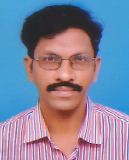
He recognized with the award titled "Best Electronics and Communications Engineering Teacher" under the collaboration ISTE Andhra Pradesh,on 10th December 2022.
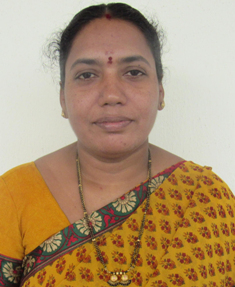
She has been awarded PhD from JNTUH, Hyderabad on 26th January 2022
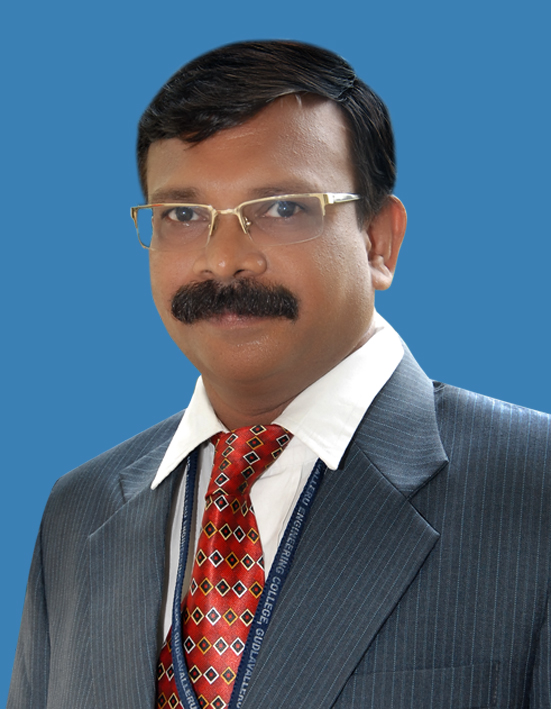
Received a national award "SARVOTHAM ACHARYA PURASKAR", by the Indian Servers & AP& Telengana Information technology Associations,for the year 2019.
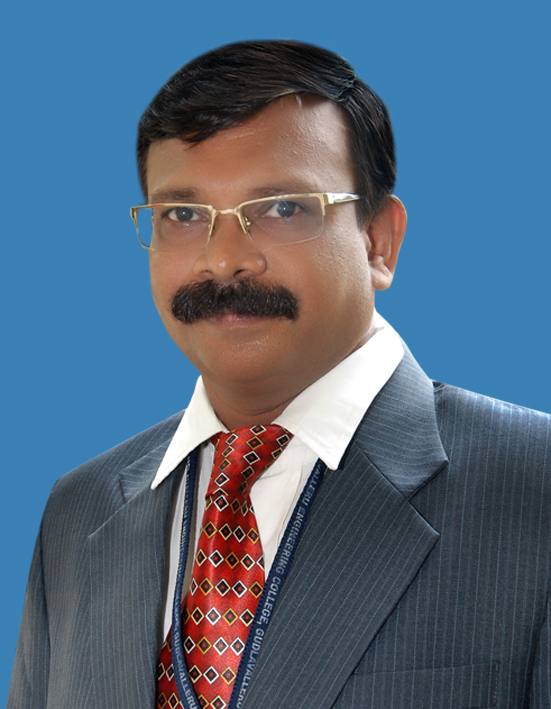
Received "Certificate of Excellence Award",(IE-I),AP Centre,VJA for the year 2018.
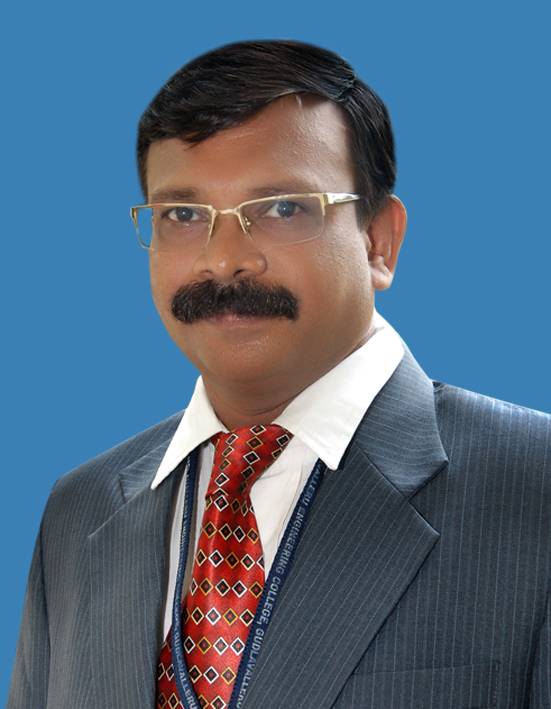
He has been elevated to the grade of Senior Member of IEEE in 2020
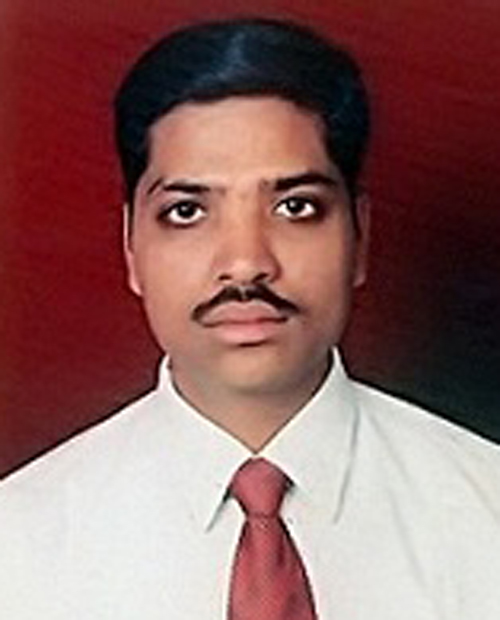
He has been awarded PhD from JNTUA, Ananthapur on 24th September,2020

Dr. A.V.N Tilak, Professor of ECE, was awarded “Best Electronics and Communications Engineering Teacher” in A.P., sponsored by Adithya Group of Engineering Colleges, Kakinada